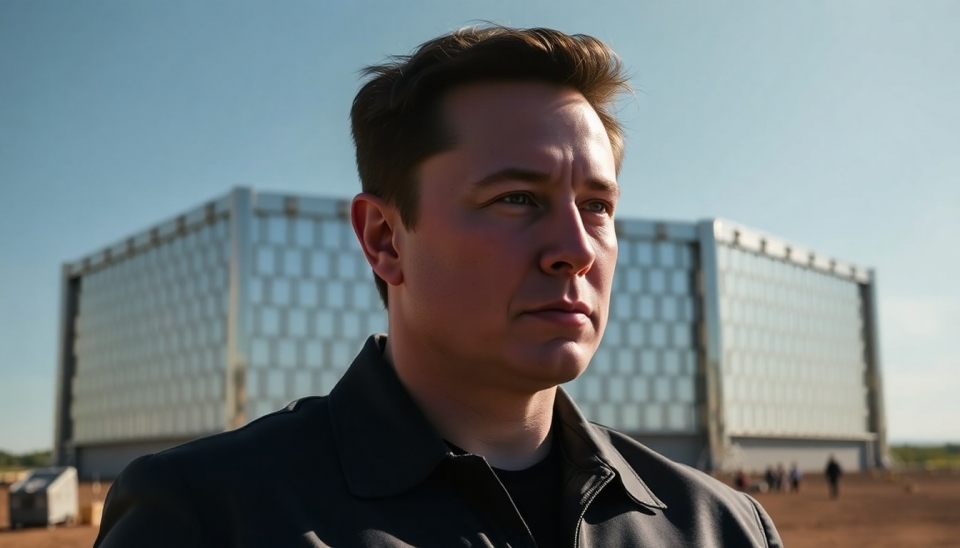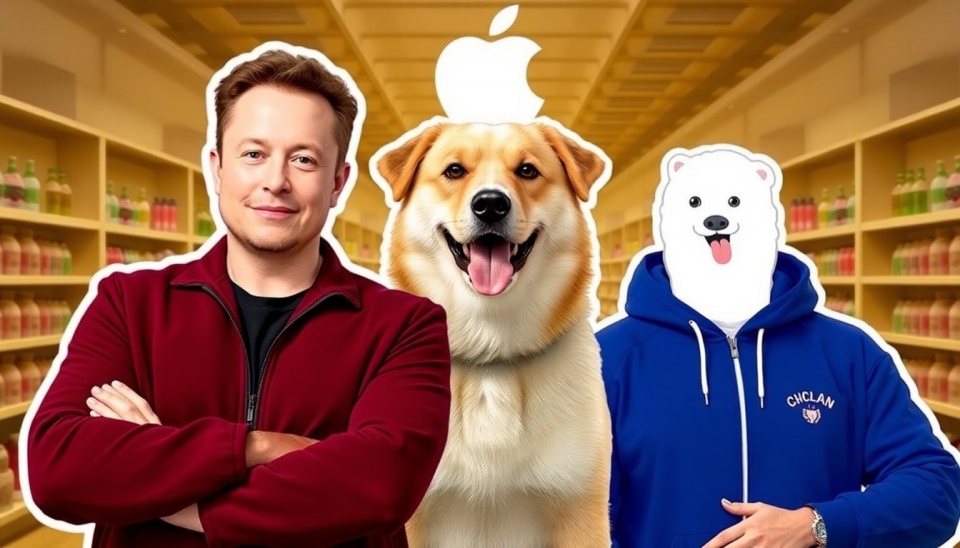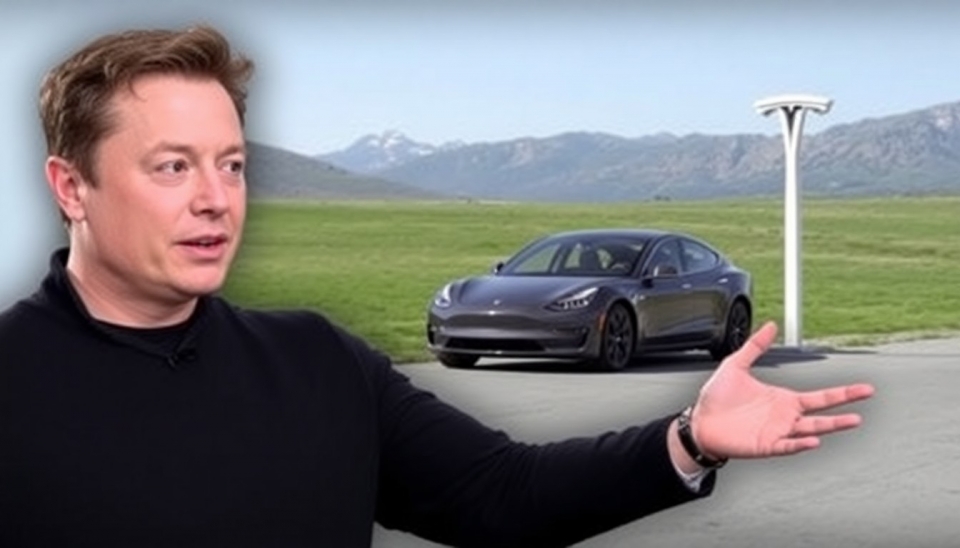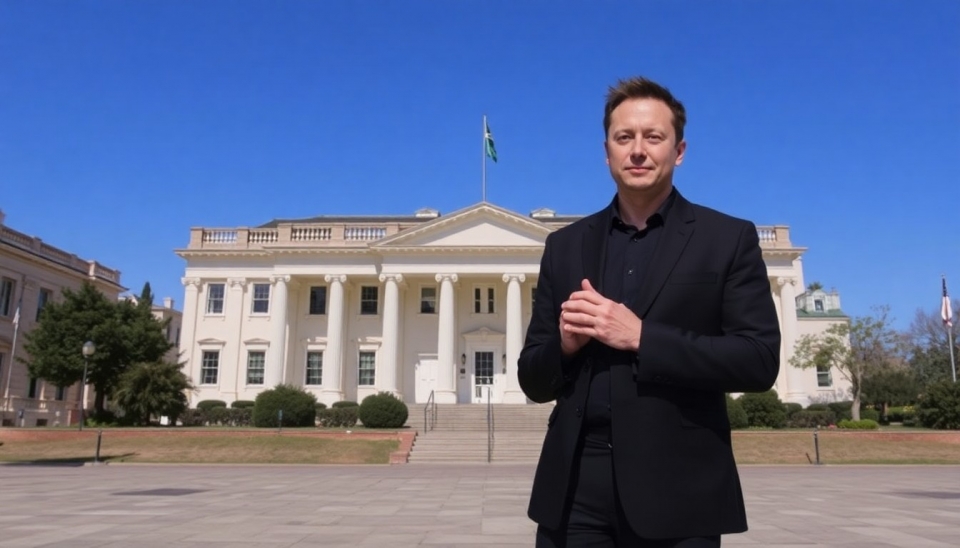Musk and X App Yield to EU Data Protection Demands over Grok AI

Elon Musk's technology company, known for its innovative ambitions, has made an important decision in response to the European Union's data protection requirements. With the X app (formerly known as Twitter), it has agreed to adapt its platform to comply with the standards in Europe. This step comes in reaction to recent complaints from regulators over the use of Grok AI technology, which was scraping data without proper compliance.
European authorities raised concerns about how the X app utilizes user data to train its algorithms and artificial intelligence. Specifically, the process of "scraping," or automatically extracting data from websites, was called into question, as this could contradict the existing EU legislation governing personal data protection. Consequently, the company announced its intentions to review its operational methods and improve transparency regarding data usage to stay ahead of the stringent norms of the European Union.
This move also reflects Musk and his team's desire to maintain user trust and ensure compliance with all necessary requirements aimed at protecting EU citizens' data. Such cooperation could ensure further growth for the company within the framework of the strict laws and regulations in Europe, which would, in turn, allow for broader utilization of their technologies in the domestic market.
User reactions to this news have been mixed. Some users expressed support for the changes and welcomed the company's decision to enhance data protection, while others fear that compliance with these requirements may limit the app's functionality and capabilities. Nevertheless, whether this decision will be a turning point for X and Grok AI remains to be seen.
There is also a multitude of discussions on how other tech giants will respond to similar demands. Does this echo the ongoing struggle on the international stage regarding data protection and user rights? Elon Musk's company's experience could serve as a lesson to others, highlighting the importance of adapting to new requirements and staying afloat in the ever-changing technological landscape.




